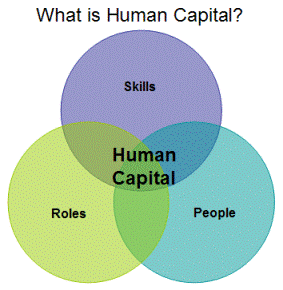At nearly 70 million strong, Generation Y is the fastest growing segment of the U.S. workforce. They are techno-savvy, goal-oriented, excellent at multi-tasking, and require a completely different approach to management. These entry-level workers are also changing careers faster than their older colleagues, making it harder for HR professionals to retain these talented performers.
Researchers have found that millennials are both ambitious and high-maintenance, and they believe in the strong skills that they bring to the table. Generation Y believes in speaking your mind at work, and is less likely to respond to traditional means of management. They've grown up questioning their parents, and won't respond well to commands or authoritative methods.
With a basic understanding of how their workforce perspective differs from other employees, there are a few essential ways you can effectively manage millennials.
Make the Job Challenging
Generation Y workers are not afraid of change. They don't expect to stay in the same job for long, and are often skeptical about the idea of company loyalty. They excel in multi-tasking, and desire to be challenged in their work. You can increase retention by keeping them moving onto new assignments, and finding ways to help them expand their skills on the job.
Encourage a Sense of Balance
Unlike the baby boomer generation who tend to place their priorities on career, Gen Y workers want their jobs to accommodate their home lives. They value the work-life balance, which means that flexible schedules and telecommuting options are very attractive. You can also encourage balance through team-oriented activities or social company events.
Set Clear Expectations
HR managers sometimes assume that members of Generation Y understand the same rules of the office by which older employees abide. At times, they will have their own interpretations, so you should detail your expectations in the employee manual. If there is a specific dress code, you need to be up front about it. If you don't want them using company time to use their iPods, BlackBerry mobile devices or instant messaging, you need to mention that as well.
Gen Y workers commonly exhibit ambition, talent and financial smarts on the job. Along with these strengths, they also have a different work attitude and respond to different management techniques. Since traditional forms of managing won't be effective, HR managers have been able to effectively use these creative ways to help recruit and retain top millennials. To keep a deeper sense of the career perks that they value the most, you can use annual reviews and anonymous surveys at your office.
